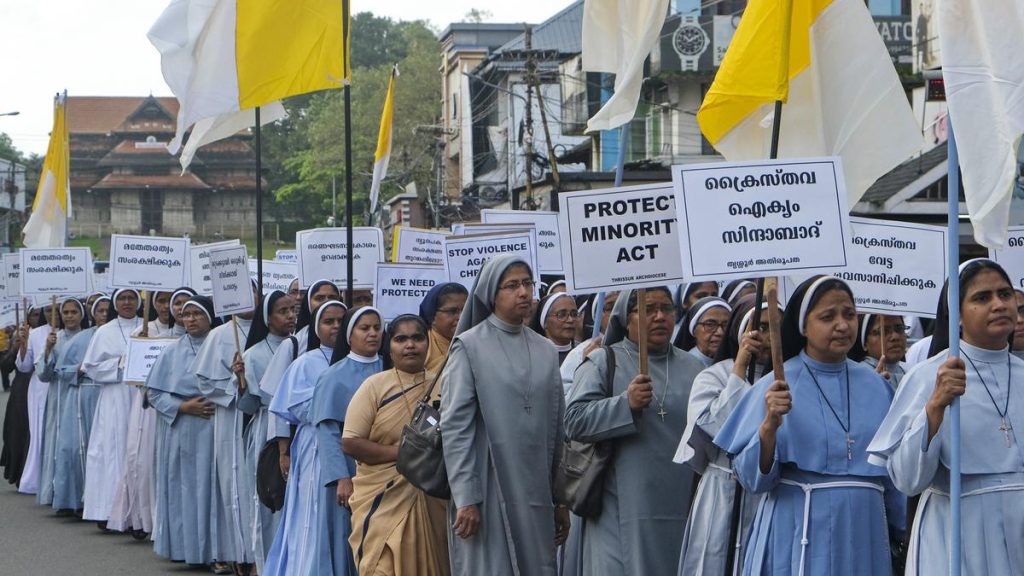Now Reading: 62 Cases Resolved at File Adalats in Ulloor and Sreekaryam Zones
-
01
62 Cases Resolved at File Adalats in Ulloor and Sreekaryam Zones
62 Cases Resolved at File Adalats in Ulloor and Sreekaryam Zones
Fast Summary
- The Thiruvananthapuram Corporation commenced file adalats across ward centers to clear delayed files in various departments.
- Ulloor Zone:
– A total of 36 advance applications on pending files were received, of which 32 were disposed of.
– An additional 12 applications submitted during the adalat were issued directives for resolution within seven days.
- Sreekaryam Zone:
– Disposed of all 30 advance-filed applications and recommended action within seven days for the additional 16 received during the adalat.
- Disciplinary actions taken against three officials for delays:
– First-grade overseer T. Vijayakumar suspended.
– Department-level action advised against senior clerk S.Saritha and assistant engineer Geethu prasanth.
Other notable resolutions reported include:
- Building number allocation approved following site inspections for two individuals (C.A. Lekshmidevi and S.P. Sanalkumar) after prolonged delays.
- Occupancy certificates cleared under special conditions (e.g., LIFE housing project or road-related land agreements).
- Road tarring work in Mannanthala zone authorized using Corporation funds based on citizen petitioning.
- Tax exemption granted to a village library in Thuruvikkal.
Future file adalats will continue across other zones,with key officials overseeing proceedings,including Mayor Arya Rajendran and Deputy Mayor P.K.Raju.
Indian Opinion analysis
The initiation of file adalats by Thiruvananthapuram Corporation represents an effort to streamline longstanding administrative inefficiencies by resolving pending cases swiftly at the local level-an issue frequently enough faced by many municipal bodies across India due to bureaucracy-induced bottlenecks.
Importantly, this move highlights proactive governance measures such as accountability through disciplinary actions against negligent officials and systematic guidelines for resolutions within strict timelines (seven days). Such measures could serve as effective deterrents against future delays while boosting public trust in municipal services.
Resolving building approvals tied to projects like LIFE housing showcases attention towards developmental initiatives aimed at social welfare,whereas individual petitions like those concerning road repairs further indicate localized responsiveness-a model that other urban centers might consider replicating based on outcomes here.
Thiruvananthapuram’s initiative underscores how decentralized problem-solving frameworks can provide faster relief compared to centralized methods frequently enough plagued with procedural backlogs-though their success hinges heavily on sustained oversight post-adalat processes.
For more details: Link
























